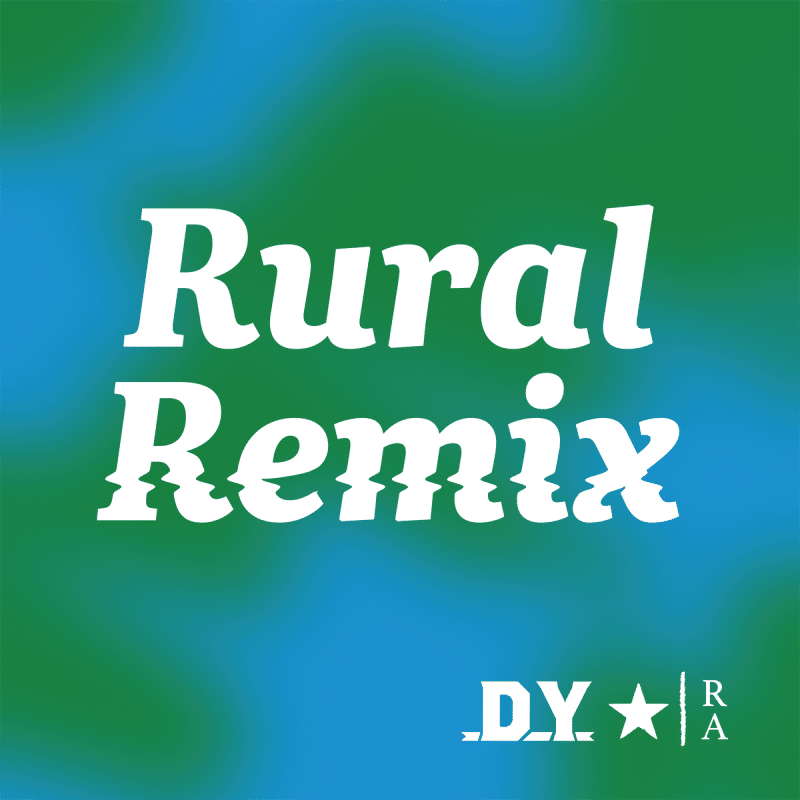
Drawing Resilience: Caryl Hale
Caryl Hale is the executive director of the Norton Regional Health Foundation and amember of the Norton Arts Council in Norton, Kansas. Hale brings her experience in farming and foodsystems with her to both roles, helping to create rural health policies that center art and food production.











